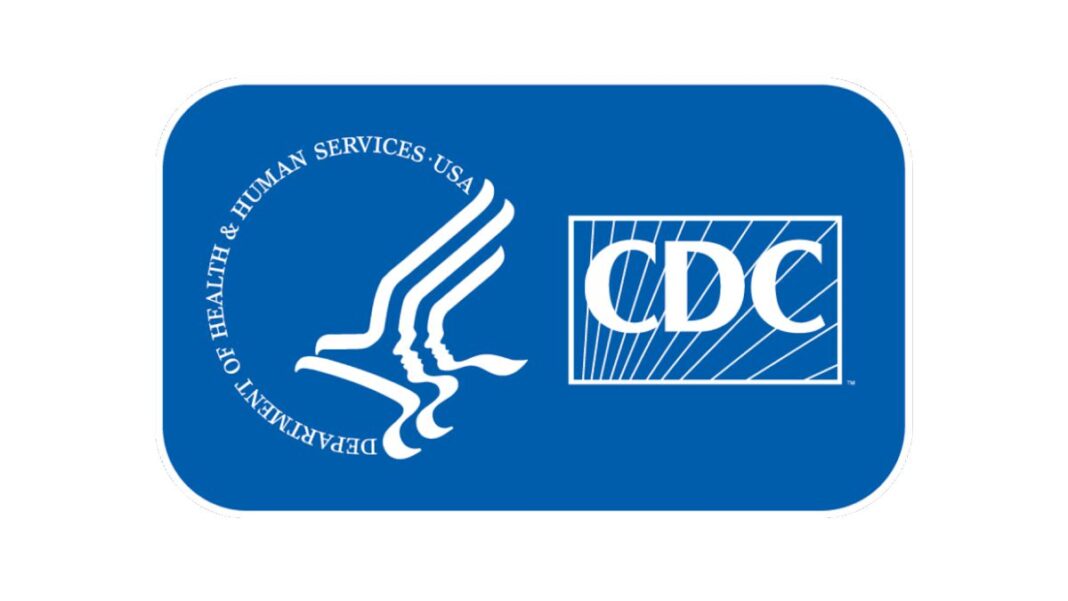The Group of Seven (G-7) nations plan to raise $600 billion over the next five years for a global infrastructure program that will serve as a “positive alternative” to models that sell “debt traps.”
G-7 leaders from the United States, Canada, Germany, Italy, Japan, and the European Union unveiled the Partnership for Global Infrastructure and Investment (PGII) at a summit in Bavaria, Germany, on Sunday.
The White House said that Washington alone would mobilize $200 billion for the PGII “through grants, federal financing, and leveraging private sector investments” by 2027, and “this will only be the beginning.”
“The United States and its G-7 partners will seek to mobilize additional capital from other like-minded partners, multilateral development banks, development finance institutions, sovereign wealth funds, and more,” it said in a statement.
Europe has pledged to mobilize 300 billion Euros ($316 billion) by 2027, while Japan said it aims to allocate $65 billion for the PGII.
U.S. President Joe Biden said the investments would be made toward four critical areas: “health and health security, digital connectivity, gender equality and equity, climate and energy security.”
“I want to be clear: This isn’t aid or charity; it’s an investment that will deliver returns for everyone, including the American people and the people of all our nations,” Biden said at the summit.
“It’ll boost all of our economies, and it’s a chance for us to share our positive vision for the future and let communities around the world see for themselves the concrete benefits of partnering with democracies,” he added.
China’s Belt and Road Initiative
The PGII was launched a year after Biden introduced the Build Back Better World initiative at the 2021 G-7 summit, at which he said the program would reflect the values of democracies rather than “autocratic lack of values.”








